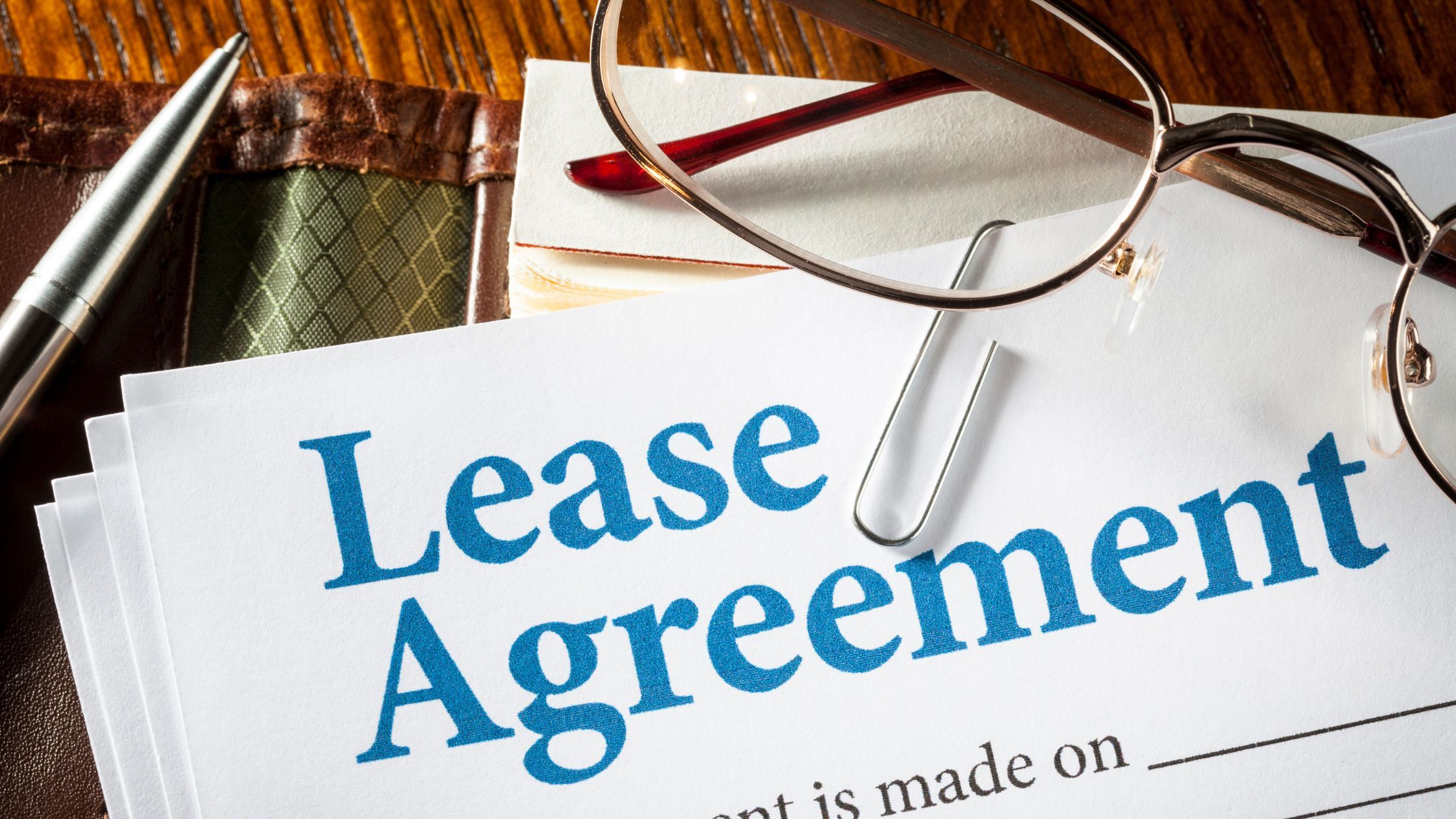Having an absent freeholder does carry some benefits when you own a leasehold, such as the joy of not having to pay hefty service charges and can go about your property without the interference or the landlord's unreasonable demands. However, the problems occur when you come to sell your property, most potential buyers’ lenders will be concerned and unwilling to lend.
Most mortgage lenders aren't willing to lend on properties without a freeholder and so this makes it increasingly difficult to sell. There are some cases when the lender may be willing to lend if the leaseholders have indemnity insurance in place. However, even with that, the lender often will refuse to lend. The legal problems that arise with an absent freeholder is that there is no one to enforce the rules and obligation held within the lease and there is no one to ensure the property is maintained. Furthermore, with the Freeholder, extending the lease to accommodate any mortgage offer is virtually impossible. In order to resolve the issue of an absent freeholder, you will need to apply to the courts. The necessary documents will have to be lodged with the Vesting Order in a County Court. Before doing this, you must have exhausted all avenues in attempting to contact and locate the Freeholder, in many occasions this may have not been possible but the steps must be shown to have been taken. The issue with a Vesting Order is that the leaseholders must pay it and the money kept at the County Court which if the Freeholder reappears can claim. This can be a bone of contention between leaseholders and they must be in agreement before proceeding, if not this could prove to be challenging.




































